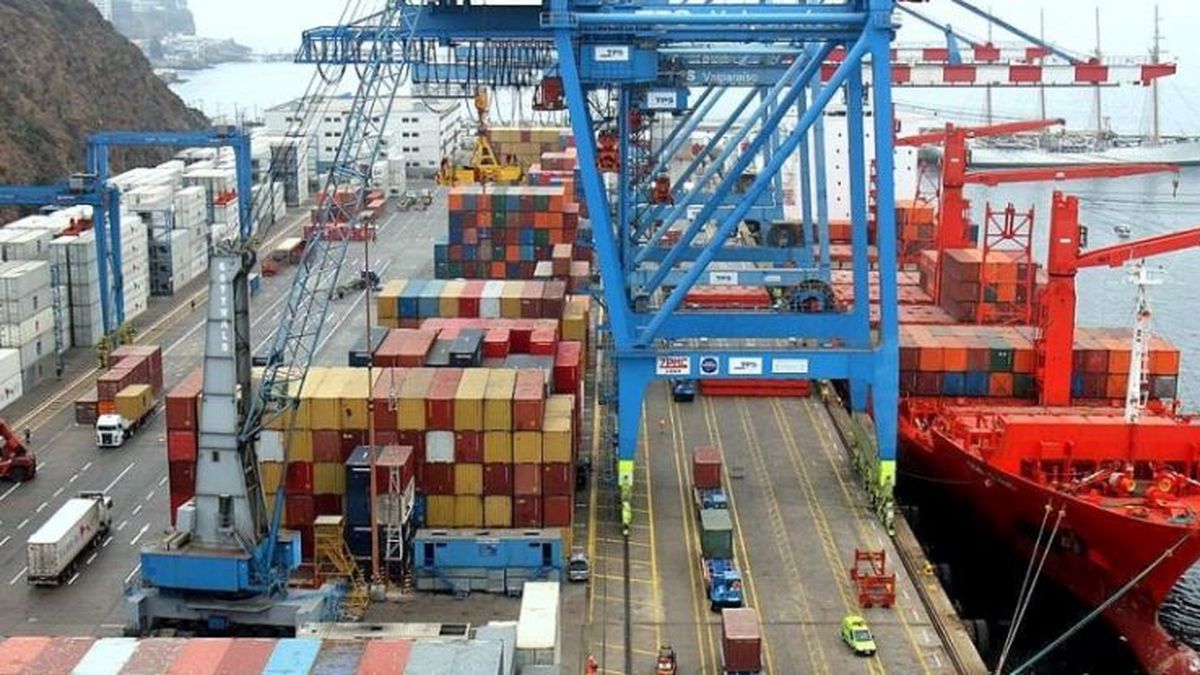By Andrea Zavatto
and Maria José Etulain Sórensen (**)
The National Government has updated the Import Regime of Goods Integrating Large Investment Projects, originally instituted by Resolution ME 256/2000, through the recent Resolution ME 1319/2024.
This change represents an unprecedented opportunity for Argentine companies, allowing them to access key tax benefits to strengthen their competitiveness and expand their productive capacity.
Tax benefits at the service of the industry
The regime allows companies to import industrial equipment without paying import tariffs, as long as they present and execute a productive investment project approved by the Ministry of Industry and Commerce. This includes companies that produce goods or energy, from large corporations to SMEs, which today have equal access to these benefits.
- The assets achieved include:
- New capital goods to form a complete and autonomous production line.
- Equipment intended for the treatment and elimination of polluting substances.
Intelligent automated storage systems.
- Eligible projects include:
- Installation of new plants.
- Expansion of productive capacity.
- Diversification of production.
Technological modernization of existing plants.The main benefit is the exemption from paying import tariffs, which today average 12% for capital goods from countries such as the United States, Japan, China or Europe.
. This direct savings can be calculated from the beginning of the project, representing a key starting point to diagnose profitability. For example: A company that imports a machine for industrial food preparation, classified under tariff position 8438.60.00 and originating in the United States, would have to pay a tariff of 12.60%. If the FOB value of the machine is 145,000 dollars, and the good includes an expansion of productive capacity, it will be possible to present a project where the estimated initial savings would be$18,270
.
Modernization and agility in processing One of the highlights of the update is the introduction of the Certificate of File in Process (CET), which allows companies to begin importing under the regime once their project portfolio has been submitted.
This mechanism significantly speeds up deadlines and provides greater predictability to companies. In addition, a maximum period of six months is established for the Enforcement Authority to make a final decision after the rendering of accounts, which must be presented with the signature of a suitable professional.
These changes simplify the administrative process, making the benefit accessible even to companies with less experience in complex procedures.
Boost to national reindustrialization Historically, this regime has benefited large industry players, such as automotive companies, laboratories and industrial mills.
With modernization, access is democratized, offering a powerful tool for SMEs to also boost their development by importing quality capital goods.
The active participation of companies in the management of their cases, combined with shorter response times and access to advanced technologies, promises to generate significant savings, boost investment and contribute to the reindustrialization of the country.
But not only Argentine importers will benefit from this regime. Since it is necessary to articulate the project with national components, local producers should also see their sales increase.
Conclusion The Import Regime of Goods Components of Large Investment Projects is consolidated as a key tool to promote competitiveness and industrial development in Argentina.
The recent modifications seek to streamline processes, reduce costs and generate a positive impact on the national productive network.
This is the time for Argentine companies to consider implementing projects that take advantage of these advantages, thus contributing to economic growth and the modernization of local industry.
Lawyer. Specialist in Customs and Exchange Law. Managing Partner in charge of the Buenos Aires office of MJE Comercio Exterior SRL.(**) MBA lawyer. Specialist in International Trade Strategies and Multilateral Regulatory Frameworks. Managing Partner in charge of MJE International Trade and Consulting Services LLC (USA).
Source: Ambito
I am Pierce Boyd, a driven and ambitious professional working in the news industry. I have been writing for 24 Hours Worlds for over five years, specializing in sports section coverage. During my tenure at the publication, I have built an impressive portfolio of articles that has earned me a reputation as an experienced journalist and content creator.




